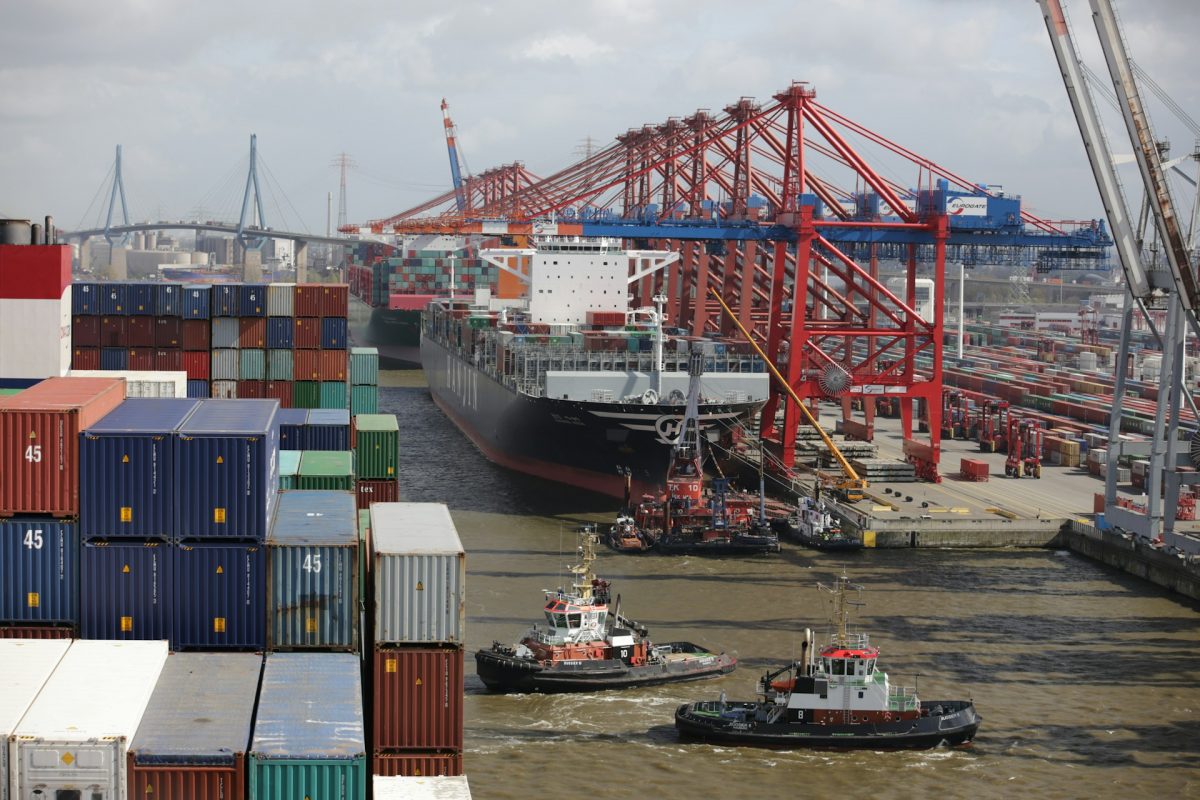Logistics Restrictions: List of Banned Products in the Philippines

While logistics persist to thrive in the global economy, economic growth has also arisen. Logistics plays a powerful role in the global trade industry. It ensures the seamless flow of products and services, allows international shipping and economic integration, boosts the employment rate and operation of small businesses, enables reaching broader markets, and provides essential support in varying industries.
In the Philippines, the freight and logistics market is estimated to reach USD 25.38 billion by 2028 due to the massive growth of the e-commerce sector. As more people purchase products on different platforms online, the freight forwarding industry has become more in demand, as extensive amounts of goods are needed to import or export from suppliers to consumers.
However, countries like the Philippines have laws like Republic Act No. 10863, also known as the Customs Modernization and Tariff Act (CMTA), that restrict and ban the importation of specific items unless permitted by law or regulation.
To ensure the state of national security, order and morality, and environmental and public health protection, below is the list of some Philippines’ banned and restricted imports:
Drug Substances
The CMTA prohibits the importation of any products containing marijuana, coca leaves, opium and other illicit drugs, narcotics, nicotine or synthetic drugs, tobacco, and other smokeable products. Also, importing items such as e-cigarettes, vape brands, e-liquids, and any drug paraphernalia that is utilized for taking or injecting drugs is banned. All these prohibited and regulated products will only be allowed by the Philippine administration once authorized by the Dangerous Drugs Board for medicinal purposes.
Firearms and Weapons
Unregistered products that could cause harm, such as knives, all sorts of guns, hand weapons, bullets, firearms, explosives, and related accessories used in war, dynamite, gunpowder, explosives, and other paraphernalia that could be mistaken as firearms, are prohibited. These items can only be imported once authorized by law.
Human Remains and Live Animals
Human remains, body parts, and fluids are banned from being imported into the Philippines. Meanwhile, live animals, insects, endangered, exotic, and domesticated species, or any of their parts, are also forbidden as they must adhere to laws and regulations in animal protection.
Gambling Materials and Apparatus
CMTA also refused to import goods such as gambling materials and apparatus. These included roulette wheels, pinball machines, mechanical devices used in gambling, cigarettes, marked cards, and gambling outfits.
Goods That Pose Threat to National Security
CMTA bans the importation of any products or goods, be they printed or written, that advocate treason, insurrection, rebellion, and sedition against the Philippine government. Further, written or printed goods that contain threats in any form, such as inflicting bodily harm and taking life upon any person in the Philippines, are also not allowed.
Adulterated Goods for Human Consumption
Importing misbranded items, such as food products or medicine, meant for human consumption is also prohibited in the Philippines as it could violate relevant laws and regulations. All goods intended for human consumption shall be authorized by regulatory agencies such as the Food and Drug Administration (FDA) and shall secure necessary documents, permits, licenses, and clearances.
Final Thoughts
Logistics plays an integral role in businesses and the global economy. As the logistics industry in the Philippines continues to grow, Philippine laws and regulations regarding the importation and exportation of products become more rigid. Unless approved and authorized by appropriate agencies, these items will remain on the list to ensure the integrity of morality, national security, and public health and safety.
If you are exploring relevant services that offer worldwide logistics, check out Excelsior now. We are a logistics enterprise that provides shipping and logistics services.
Discover more about the freight forwarding and logistics industry by reading these articles:
10 Shipping Tips for Small Businesses
Five Money-Saving Tips for Importers

